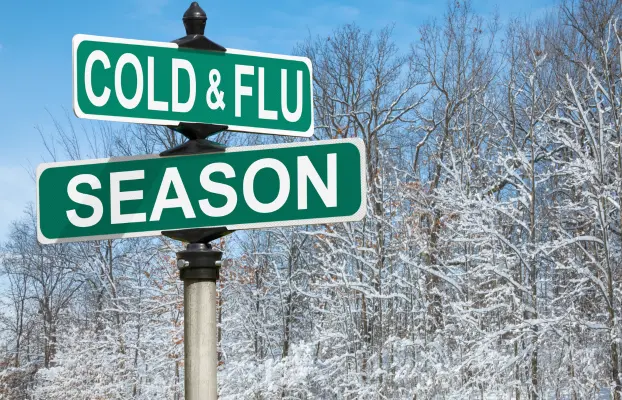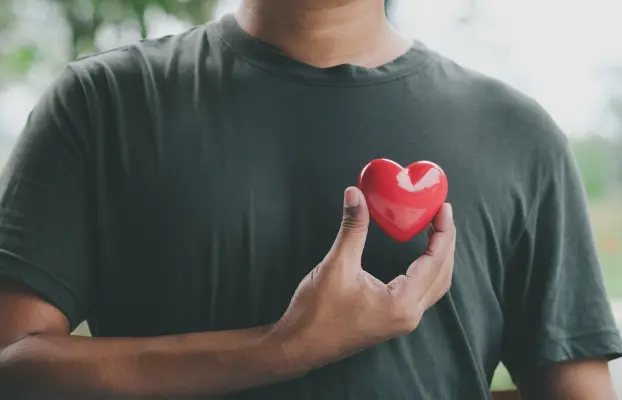September was Suicide Prevention Month—but for first responders and their families, it’s something to keep top of mind year-round. Studies show that 30 percent of first responders will experience mental health challenges, as compared with 20 percent of the general population. It has also been revealed that firefighters have higher suicide attempt and ideation rates as compared to the general population. Meanwhile, the law enforcement community loses between 125 and 300 police officers to suicide each year.
We sat down with Brittany Dorsey, MS, LAC, NCC, a mental health professional partner at 10-4 medical and therapist at Entune Behavioral Health to discuss the importance of mental healthcare for first responders.
Q: Why is Suicide Prevention month—and mental healthcare in general—so important for first responders and their families?
So many of us have been touched by this devastating event in some way. Suicide is not an easy topic to discuss. It’s heavy, frightening, dark—and it is real. For our first responders, things that are heavy, frightening, and dark are simply a part of the job. That is why it is even more vital that we focus on this population during Suicide Prevention Month and beyond.
For too long, our first responders have been made to feel as though they must suffer in silence because they are the helpers who shouldn’t need help. For many, help comes too late. Suicide is something we never want to have to face and yet it is all around us. Suicide Prevention Month allows us to shine a light on this tragic topic by bringing awareness, talking about resources available to first responders and their families, and also remembering those we have lost.
Q: Why are first responders at an elevated risk for suicide?
First responders may be at elevated risk for suicide because of the environments in which they work, their culture, and stress—both occupational and personal. There is no doubt in the minds of many that the stress accompanying this type of career is immense. I think that we are becoming more aware as a society that the old “pull yourself up by the bootstraps and don’t talk about feelings” mentality has long-lasting and damaging effects; and while the increased awareness is great, in my opinion, we are still not where we should be. Last year alone, first responders made up 1 percent of the suicides in our country. That is 1 percent too much.
Q: What should first responders and their families do to address mental health issues and reduce the risk of suicide?
The first thing to do is to notice and acknowledge. Notice that maybe you’re becoming detached from those around you, or that things that once made you happy just aren’t making you happy anymore. Notice that maybe you’re not sleeping well or having nightmares about a difficult call. Notice that perhaps your appetite has decreased and you’re more irritable than normal.
Then acknowledge. Acknowledge that these symptoms (and perhaps others) are warning signs that something isn’t quite right. Acknowledge that your body and mind are trying to tell you something, and it’s okay to listen to the message.
The next thing to do is to talk. Talk to a family member, talk to a friend, a partner, a pastor, a therapist, or anyone you can trust. There are ears that will listen, and arms that will open without judgment. The reality is we all need help at some point or another in our lives. It’s okay not to be okay; but it will only be okay in the end if you talk about it.
Q: What are some signs to watch out for?
As I mentioned in my previous answer, some common signs and symptoms are feeling little interest or pleasure in doing things you once enjoyed, problems sleeping, loss of appetite, increased irritability, feeling detached from others or isolating, and thoughts that you and those around you would be better off if you weren’t here.
The main thing I want to stress to readers is that these are signs and symptoms that don’t belong in a healthy life. More importantly, I want readers to know that if they are feeling this way, they don’t have to continue to feel this way. This doesn’t have to be their everyday reality. There are resources, tools, and professionals who are eager to help.
Q: How does 10-4 help first responders with their mental health? Why are these services different from doctors who treat the general population?
10-4 is unique in that it offers a multitude of services directly to our first-responder population. This population is unique in so many ways and deserves services that are tailored to these unique needs. Throughout my career, I have come across first responders who have felt at times that they are simply not understood by providers in the general population.
10-4 offers a true understanding of this population by focusing their treatment on the whole person—because wellness goes beyond just the physical. I am fortunate enough to have partnered with 10-4 to complete mental health screenings on local first responders, and have also been a referral source for any first responders or their family members who are interested in individual counseling, family counseling, or couples counseling.
Working with the first responder population has been a passion and focus of mine since I began my undergrad at the University of Arizona. Since completing my master’s degree in Clinical Mental Health Counseling, I have continued to focus on the importance of treatment of mental health for first responders and have been graciously trusted to utilize my own personal experience and educational knowledge to serve those in need.
Q: Anything else to add related to suicide prevention and mental health for first responders?
My message to our first responders is this: I will never understand what you have gone through. I will never truly understand how it feels to walk in your boots. I will never fully understand the pressures of society, family, friends, and strangers that you face daily. What I do understand is how to listen and how to help. Our life paths can become pretty dark at times, and I am here to remind you that there are people out here who want to hold the flashlight for you and walk through the darkness with you. You don’t have to do it alone. You are not alone.
If you are considering suicide, call the National Suicide and Crisis Lifeline at 988. For more information on mental health services for first responders and their families, contact 10-4 Medical here.



